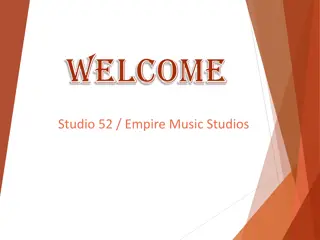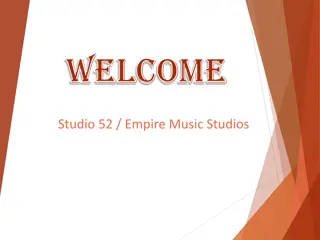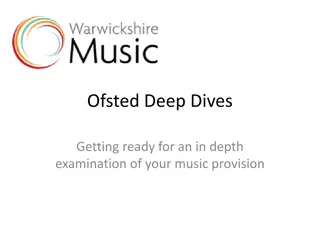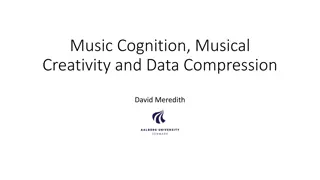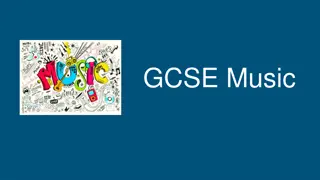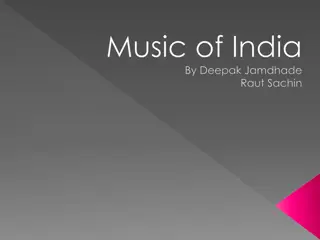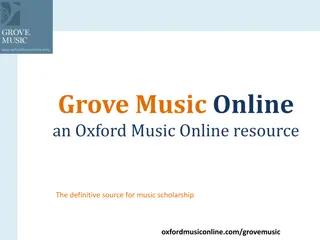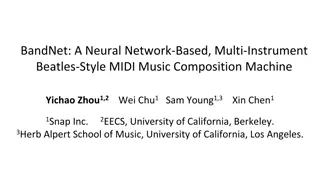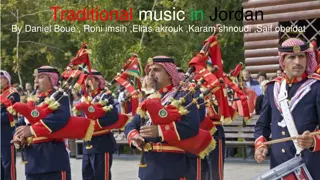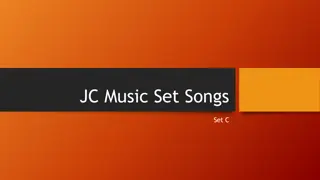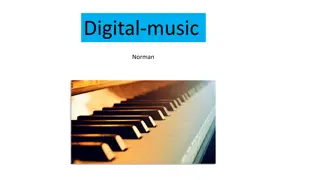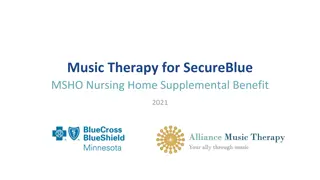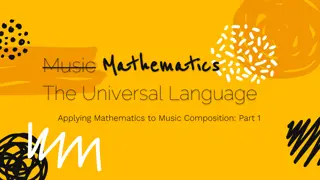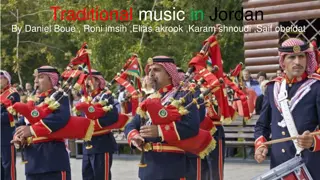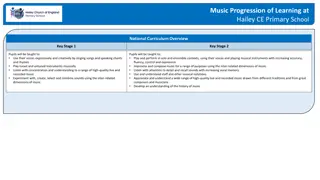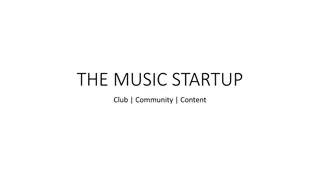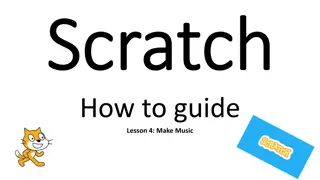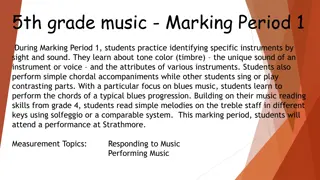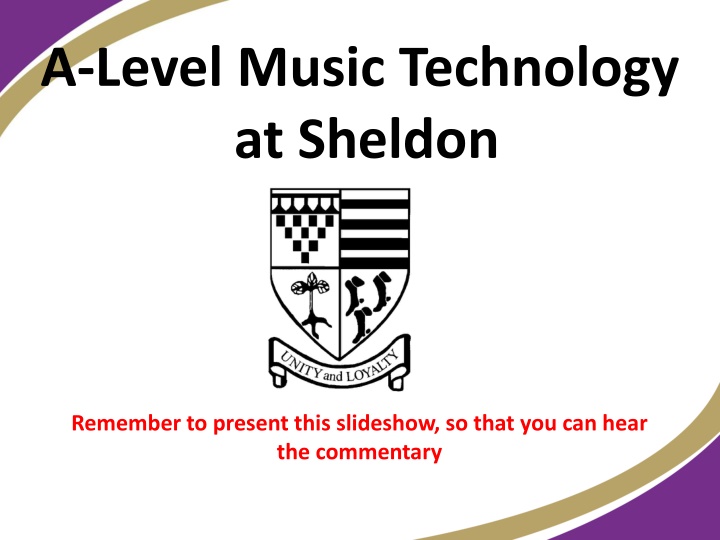
Explore A-Level Music Technology Course at Sheldon
Embark on a journey into the world of A-Level Music Technology at Sheldon, where students delve into recording, production techniques, technology-based composition, and critical listening and analysis. Discover how this course enables students to develop their musical skills using state-of-the-art technology without the need for formal music theory knowledge.
Download Presentation

Please find below an Image/Link to download the presentation.
The content on the website is provided AS IS for your information and personal use only. It may not be sold, licensed, or shared on other websites without obtaining consent from the author. If you encounter any issues during the download, it is possible that the publisher has removed the file from their server.
You are allowed to download the files provided on this website for personal or commercial use, subject to the condition that they are used lawfully. All files are the property of their respective owners.
The content on the website is provided AS IS for your information and personal use only. It may not be sold, licensed, or shared on other websites without obtaining consent from the author.
E N D
Presentation Transcript
A-Level Music Technology at Sheldon Remember to present this slideshow, so that you can hear the commentary
A-Level Music Technology at Sheldon Students of Music Technology will focus on the techniques, practices and principles of music technology as an area of advanced study. They'll learn about the technical principles that underpin music technology, develop a technical vocabulary, and be encouraged to use music technology as a tool to develop their composing and arranging skills. It is worth noting that the Music Technology course is one that requires no formal musical theory knowledge to access and has been designed as such by the exam board.
3 Areas of study permeate the whole course Recording and production techniques for both corrective and creative purposes Principles of audio and sound technology The development of recording and production technology
Component 1: Recording A-level 20% (60 marks) Students will use the studio to record a song ( from a list of 10 artists provided by the exam board), consisting of a minimum of five compulsory instruments and two additional instruments. AC/DC, James Bay, The Four Tops, Happy Mondays, Gladys Knight, Pixie Lott, Maroon 5, The Pretenders, Taylor Swift or Tina Turner Students will learn the processes involved in recording and mixing a piece of music using the studio. Skills such as microphone choice and placement, how to record amplified instruments, using audio effects and mixing will be covered during the course to facilitate this.
Component 2: Technology based composition A-level 20% One technology-based composition will be created chosen from three briefs set by the exam board. Video Poem Samples The composition will use synthesizers and samplers as skill is using and programming these instruments will be taught alongside compositional skills, production and mixing.
Component 3: Listening and analysing A-level 25% 90 minute exam Students are assessed on their knowledge and understanding of recording and production techniques and principles, by listening to unfamiliar music set by the exam board. Application of knowledge related to three areas of study will be assessed: This paper comprises two sections: A and B Section A: Listening and analysing (40 marks) four questions, each based on unfamiliar commercial recordings (10 marks each). Section B: Extended written responses (35 marks) two essay questions. One comparison question, which uses two unfamiliar commercial recordings. The second essay uses the final unfamiliar commercial recording on the CD (20 marks).
Component 4: Appraising Music A-level 35% 135 minute exam Students are expected to show knowledge and understanding of editing, mixing and production techniques, to be applied to unfamiliar materials provided by during the exam. Students will correct and then combine the audio and MIDI materials to form a completed mix, which may include creating new tracks or parts from the materials provided. This paper comprises two sections: A and B Section A: Producing and analysing (85 marks) five questions related to the audio and MIDI materials provided that include both written responses and practical tasks. Section B: Extended written response (20 marks) one essay focusing on a specific mixing scenario, signal path, effect or music technology hardware unit.
A-Level Music Technology at Sheldon Cgoldsworthysheldonschool.co.uk

